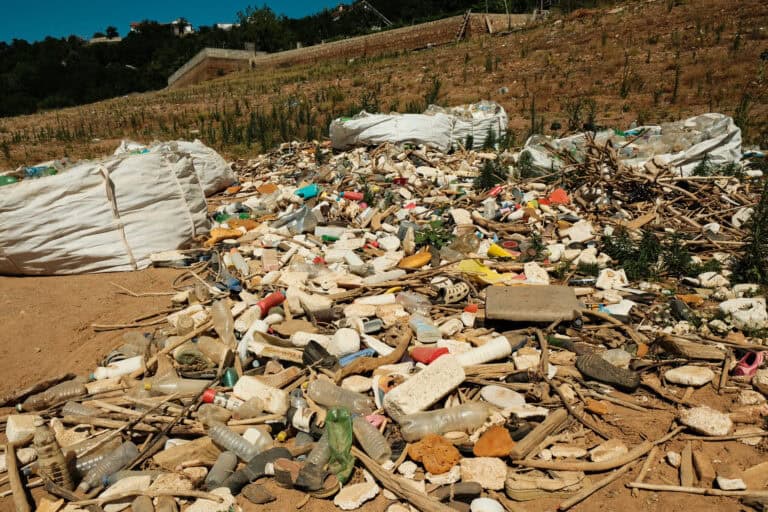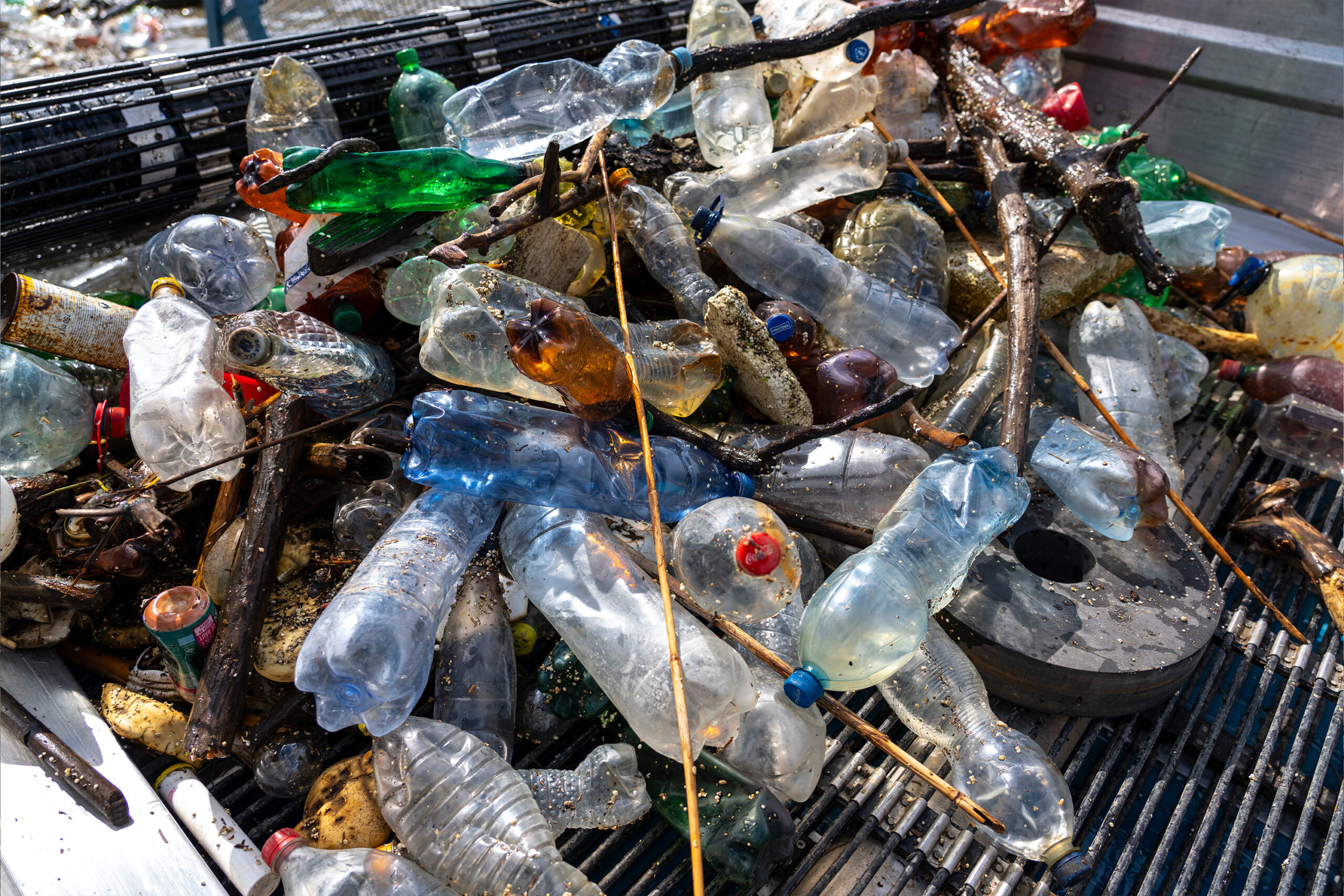UK Holds Companies Accountable
In the UK, the polluter-pays principle applies: packaging manufacturers must cover the costs of collection and recycling themselves.
Extended producer responsibility for packaging waste
Since January 2025, the Extended Producer Responsibility for packaging (pEPR) has been in effect in the UK – a scheme that places greater responsibility on producers for the waste they generate. It holds the producers of post-consumer products financially accountable for the collection and recycling of their waste. The current EPR framework covers not only packaging but also electronics, batteries, and vehicles – with plans to include furniture and textiles in the future.
The obligation applies to companies with an annual turnover of more than £1 million in the UK and that import more than 25 tonnes of packaging materials of any kind. Under these regulations, the costs for collection and recycling are shifted from local authorities to the producing companies. In the long term, the scheme is expected to encourage a transition to more sustainable and recyclable packaging and ultimately to increase recycling rates.

From data collection to cost calculation
Under the EPR scheme, all packaging placed on the market must be reported – including plastics, paper and cardboard, glass, aluminium, and rubber. Data collection and the creation of a central reporting system began in 2023. After producers reported their packaging data centrally in 2023 and 2024, the first invoices under the pEPR system are expected in October 2025.
Fees will initially be structured according to packaging type and recyclability. Starting in 2026, costs will be explicitly tied to recyclability – meaning higher fees for packaging that is more difficult to recycle. The costs will then depend on the type and quantity of material as well as on the available recycling options.
Extension through Plastic Credits with everwave
The Extended Producer Responsibility for packaging focuses on financing the recycling of newly placed packaging – excluding waste that is already in the environment. everwave closes this loop by collecting and processing waste already present in the environment: to take full responsibility, companies can combine EPR with Plastic Credits. This way, the recycling costs for newly produced packaging are covered while, together with everwave, existing packaging waste in the environment is also collected and recycled.



